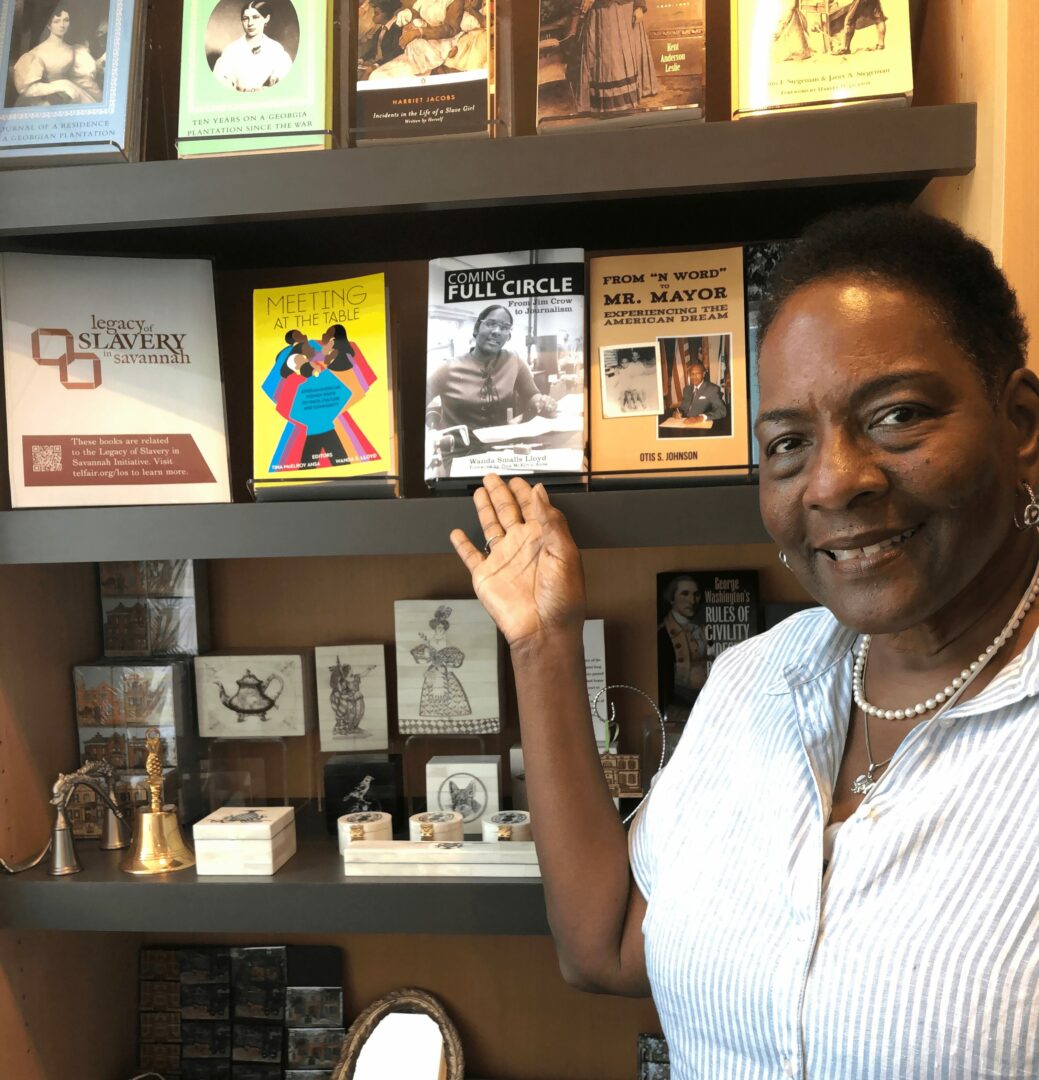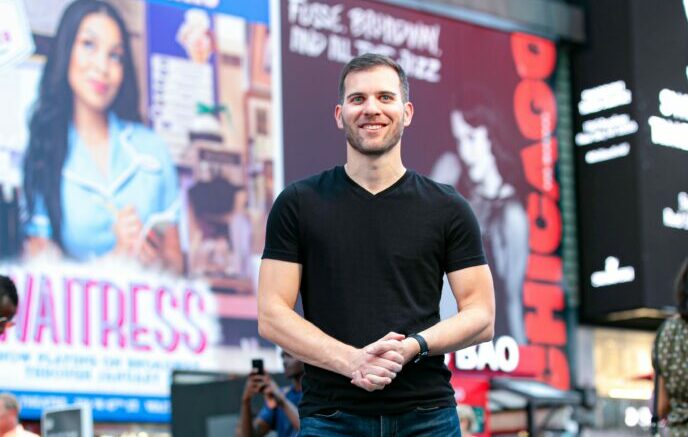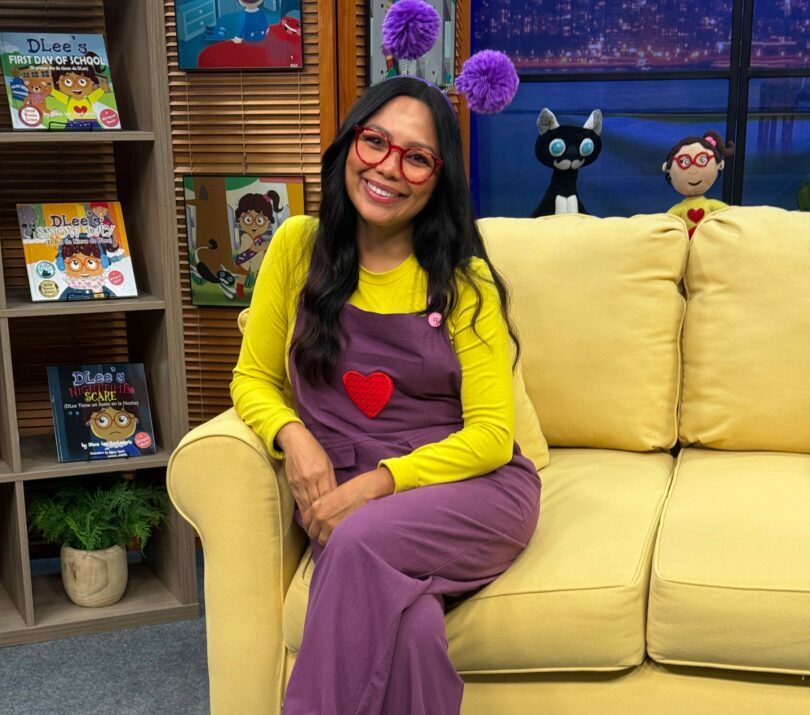We were lucky to catch up with Wanda Lloyd recently and have shared our conversation below.
Hi Wanda, so excited to talk about all sorts of important topics with you today. The first one we want to jump into is about being the only one in the room – for some that’s being the only person of color or the only non-native English speaker or the only non-MBA, etc Can you talk to us about how you have managed to be successful even when you were the only one in the room that looked like you?
As an African American woman who grew up in the segregated South, I have been the first or “only” many times in my career. I had just completed a course in journalism in my all Black high school in Georgia, and I remember the day at the end of 11th grade when I announced to my family that I already knew that daily newspaper journalism would become my life’s work,
“I’m going to be a newspaper reporter,” I announced to anyone within earshot My grandmother was with us in the kitchen when she heard my career declaration and she admonished me in her own tender way.
“Well, Wanda, I don’t think I’ve ever heard of any Colored girls working for a newspaper,” she said on that day in the late-1960s. And then she followed with a bit of advice, “You’d better take some education classes so you have something to fall back on,” she warned.
My grandmother was right on both counts. As I learned later, there were hardly any African American women working as newsroom professionals in 1970 when I stepped foot into my first daily newspaper newsroom as a copy editor. And, despite skipping education courses in college, I ended up teaching journalism in higher education throughout my career.
During the summer after my junior year at Spelman College, my chosen HBCU, I had the advantage of entering a highly competitive training program at Temple University, to be followed by a summer internship at the flagship newspaper in Rhode Island. The seasoned professor at Temple met with me at the end of the three-week crash course in editing, and he included in our exit discussion the fact that I would likely be the only Black person in the newsroom that summer.
He was right, not just about being Black, but I was also one of very few women professionals in the newsroom. That period of being an “only” left me fearful and lonely. I didn’t know how to join the normal gregarious discussions about the books my colleagues were reading, the movies they loved, the cuisine they enjoyed or even some of the cultural habits by some of my co-workers who proudly talked about their Italian and Portuguese ethnic heritage. I felt lost.
The Providence experience would not be my last period of first or only. The lack of diversity pretty much followed me through my entire career working at seven daily newspapers and four universities. As I rose through the ranks in newsrooms as a top editor, once again I was often a first or only. But to this day, I believe Providence laid the foundation for me to understand that I had to become bi-cultural in order to thrive. It was the beginning of me understanding that I would have to step into another world of understanding the cultures of people who were different from my own background.
In later years I found myself in organizations and positions to create programs to help other top editors learn how to make their own newsrooms more diverse, and how to have news products address the needs of their readers and communities.
One program I enjoyed creating was training young interns on the topic of conversations about race. I never forgot my own experience of being young, silent and uneasy when the topic of race or even gender came up. I was silent in those years, but my legacy for future generations of young journalists as well as later as a newspaper columnist was to constantly propose solutions for having conversations across the fault lines of race, gender, age and other uncommon and uncomfortable topics.
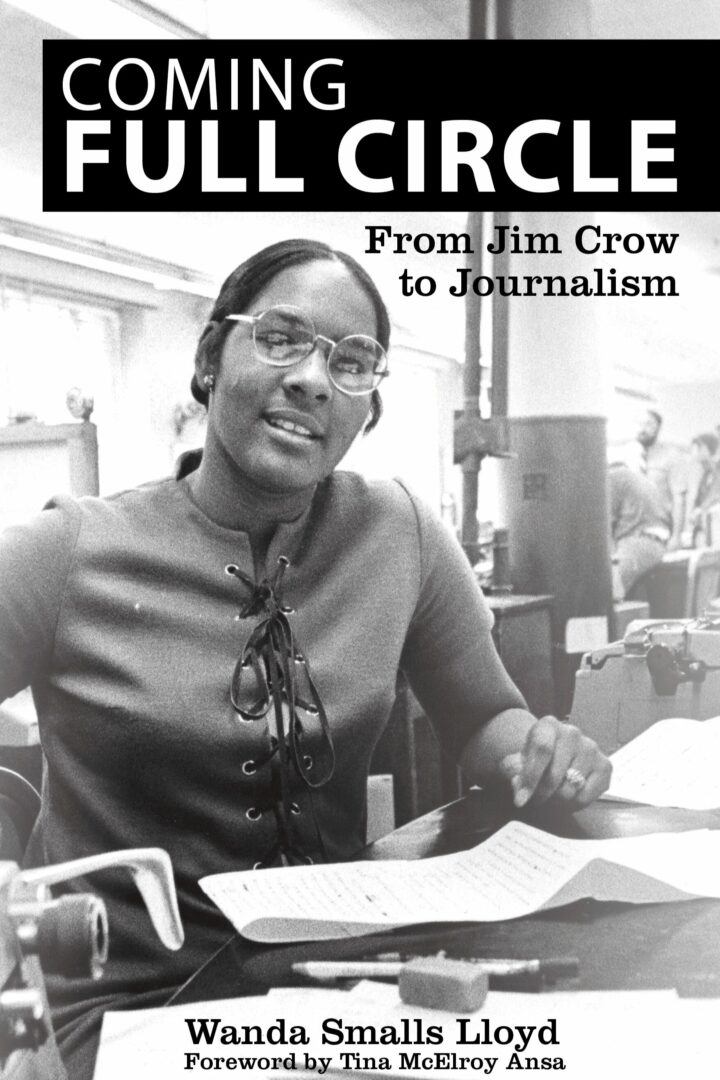
Thanks, so before we move on maybe you can share a bit more about yourself?
I spent almost an entire lifetime working as an editor in daily newspaper newsrooms. These days as a retired editor, I don’t talk so much about my newsroom experiences. I proudly published a memoir about that in 2020, so I let the book, “COMING FULL CIRCLE: From Jim Crow to Journalism,” speak for my personal history and my life’s work.
After leaving my last newsroom, I soon learned that retirement was not the end, just the beginning of new adventures.
My first assignment was as a professor and department chair for an HBCU in Savannah, GA., the city where I grew up and left the day after I graduated from high school. I couldn’t wait to leave the racially segregated community where schools and just about everything else were separate and still unequal. Yet, 45 years later I gladly returned to a very different Savannah.
In these 10 years I’ve written a bi-weekly column for the local newspaper, presented a TEDxSavannah talk called “Words Matter,” joined the Executive Council of AARP Georgia and the Advisory Board of The Learning Center, an educational program for active seniors where I also lecture from time to time. I also moderate political, history and literary discussions, and participate in service projects for organizations to which I belong.
I linked with my college friend, novelist Tina McElroy Ansa on some projects, such as planning a retreat for writers, co-editing a book, “MEETING AT THE TABLE: African-American Women Write on Race, Culture and Community,” and co-hosting a podcast called “2 Old Chicks Who Know a Lot of Sh*t!”
I’m still promoting two books — my memoir and MEETING AT THE TABLE. I’m still on the road with book talks and panel discussions about writing and editing. I write essays from time to time. In one of my latest essays, published in a writer friend’s blog, I wrote about the fact that many people in my generation are not retiring and may never fully retire. Work keeps our senior minds sharp and our bodies agile.
No doubt, more projects are on the horizon.
If you had to pick three qualities that are most important to develop, which three would you say matter most?
Looking back on my career, I have to think that there are certain aspects that led to my my career successes.
One of them is the gift of reading a variety of works by diverse authors. As an English major in college, we were required to study the classics of writers such as Shakespeare, Emily Dickinson, O’Henry, Geofrey Chaucer and others. But as a student at an HBCU, we also read and studied African American literature. In my lifetime i’ve even had the opportunity to meet some of them, including poet Nikki Giovanni and author Maya Angelou. Historically, some of my favorite Black writers also include Langston Hughes and Paul Laurence Dunbar.
Nothing beats skills learned in school extracurricular activities. A skill that I cherish is the ability to write and present as a public speaker. I really think this began in high school when I was a member of the theater group. We presented at least two plays each year, and this was great training for speaking with authority in a demonstrative voice. I was also in the chorus and glee clubs in high school in college, another way to develop my voice for speaking.
A third area that I developed (almost out of necessity) was to become a planner, to track progress in everything I do so that deliverables are on time and in good order. Any project or organization needs leaders who are strategic in thinking and execution, who make or exceed deadlines, and who understand how to effectively manage resources for great outcomes.
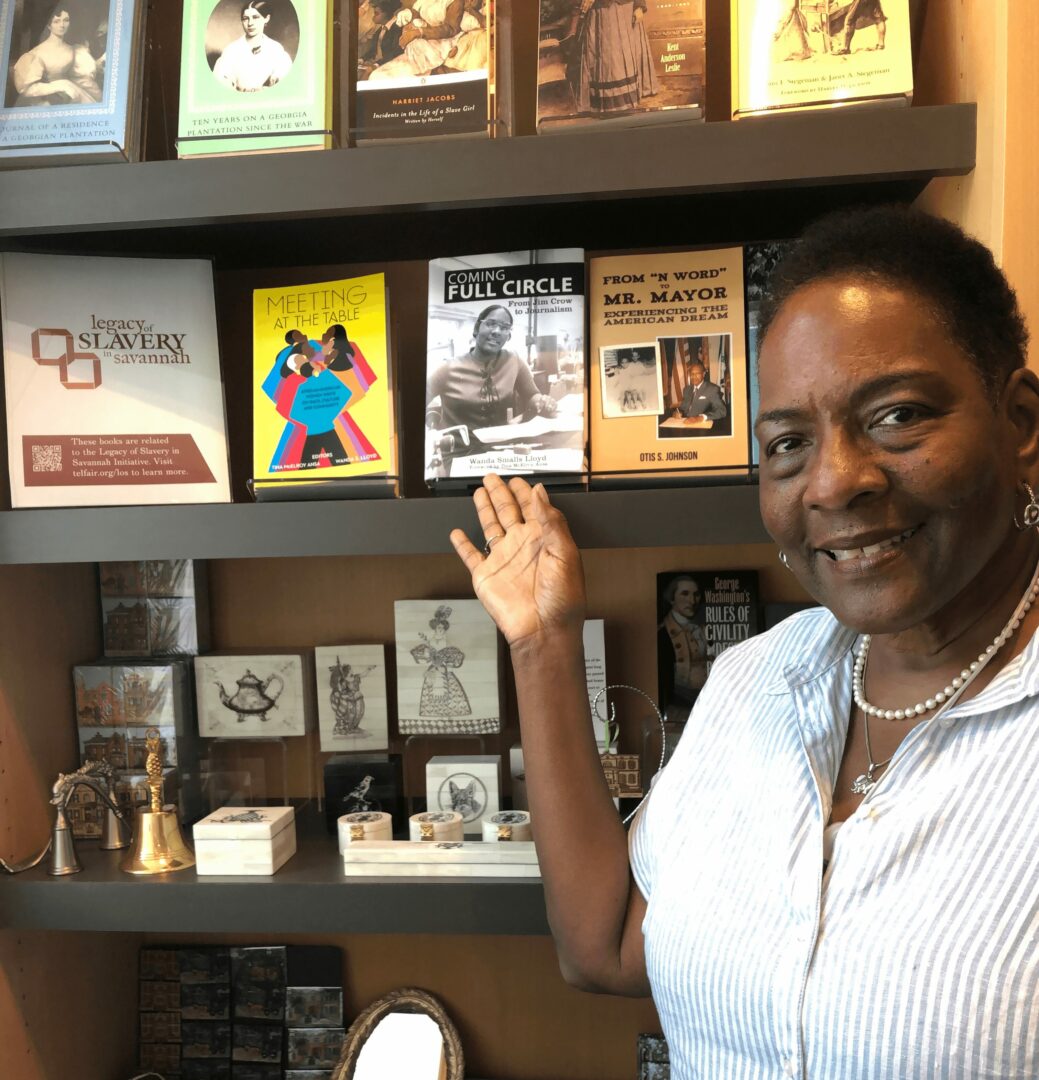
One of our goals is to help like-minded folks with similar goals connect and so before we go we want to ask if you are looking to partner or collab with others – and if so, what would make the ideal collaborator or partner?
As a creative, one of the projects I have most enjoyed is podcasting. In our previous podcast, my co-host and I were fortunate to find people who helped us with the technology so we could just show up and do what we do best — talk, interview and offer wisdom.
Now I find myself hoping I can someday get back to podcasting. My dream podcast would be one where I can make a difference in the diversity space. I have some ideas about how to do this work so it reaches a broad range of people in a focused way. My dream partnership would be to have a radio/TV/digital/business partner take this on as a project that not only changes lives but also creates streams of revenue for all involved.
Contact Info:
- Website: https://wandalloyd.com
- Instagram: WandaSLloyd
- Facebook: Wanda Smalls Lloyd
- Linkedin: Wanda Lloyd
- Twitter: @MGMeditor
Image Credits
n/a
so if you or someone you know deserves recognition please let us know here.

